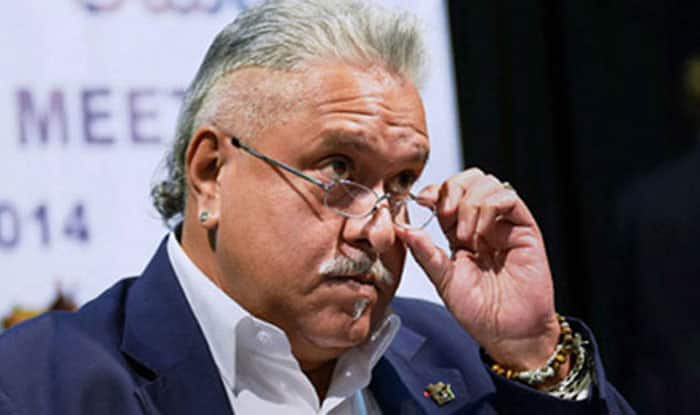
By clicking “Accept All Cookies”, you agree to the storing of cookies on your device to enhance site navigation, analyze site usage, and assist in our marketing efforts Cookies Policy.

New Delhi: Bombay High Court on Thursday dismissed embattled liquor baron Vijay Mallya’s plea seeking a stay on the procedure to confiscate his property by government agencies. The court refused to give him any relief, news agency ANI reported.
In April, Vijay Mallya pleaded before the High Court against confiscating his properties under the Fugitive Economic Offenders Act (FEOA), 2018, terming it as “draconian” and a move that will not bring any relief to the creditors.
His counsel Amit Desai made the submissions before Justice I.A. Mahanty and Justice A.M. Badar, arguing that the Enforcement Directorate (ED)’s plans to seize Mallya’s properties would not help the lenders. “Confiscation is draconian. The need of hour is to deal with the banks and creditors. He (Mallya) does not want the properties returned. We only say that seizure by the government won’t solve the problems of the banks and creditors,” Desai pointed out.
Mallya, 63, left India on March 2, 2016, after defaulting on loans amounting to Rs 9,000 crore. He has repeatedly denied fleeing the country, saying he is ready to pay back the money he owed to the Indian banks.
India had in 2017 filed for Mallya’s extradition, which he contested. He is out on bail.
A consortium of 13 banks, led by the State Bank of India (SBI), has initiated loan recovery proceedings against him. The proceedings are on before a special court in Mumbai under the Fugitive Economic Offenders Act.
The Enforcement Directorate (ED) had also moved the Special Prevention of Money-Laundering Act Court last year to get Mallya declared a “fugitive economic offender” and confiscate his properties, estimated at more than Rs 12,000 crore, making it the first such case of its kind under the new law.
(With agency inputs)
For breaking news and live news updates, like us on Facebook or follow us on Twitter and Instagram. Read more on Latest India News on India.com.